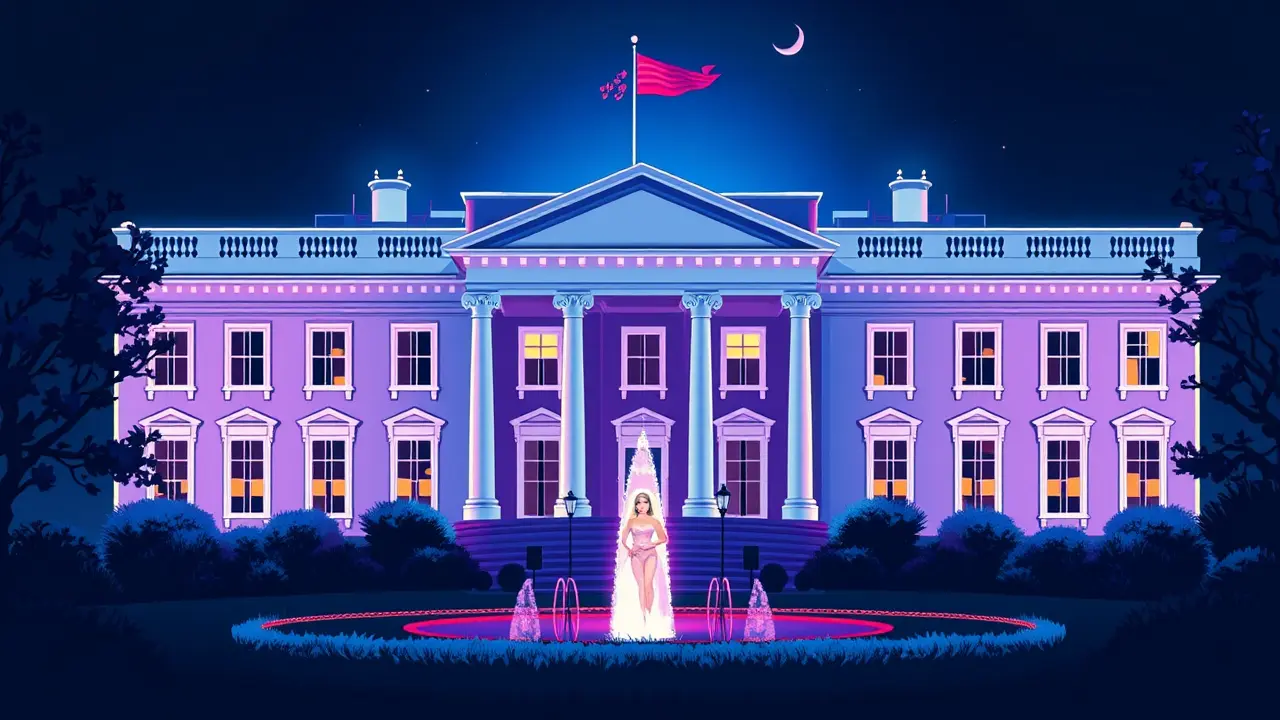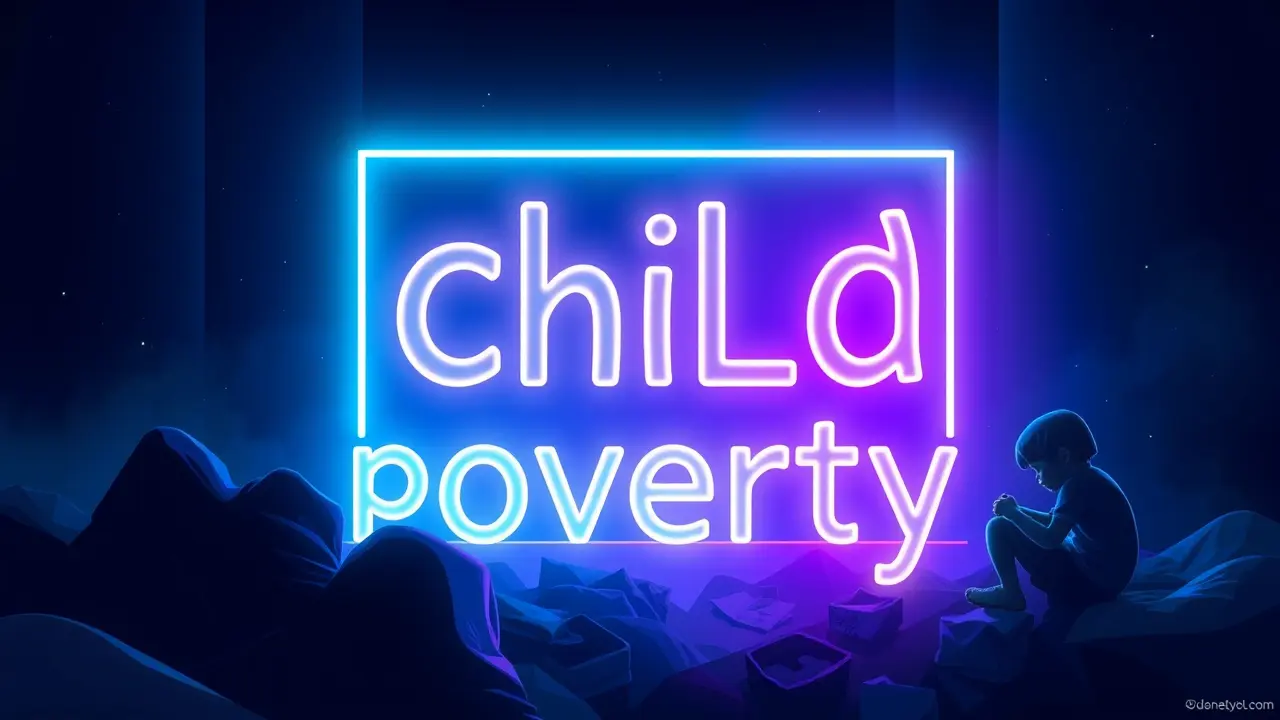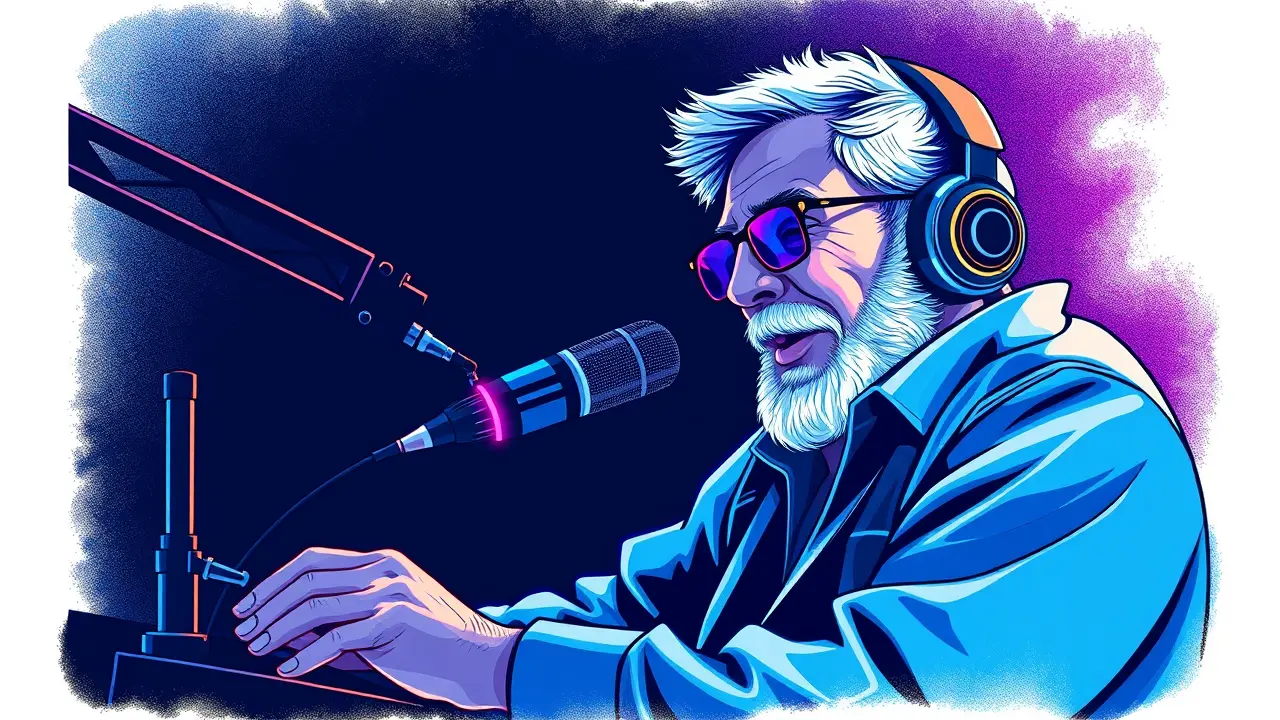
Entertainmentcelebrities
Nicki Minaj Reacts Positively to White House Using Her Song.
BR
Brian Miller
4 hours ago7 min read2 comments
In a moment that felt less like a political statement and more like the perfect needle drop at a festival's main stage, the White House's official TikTok account recently scored a viral hit by mashing up Nicki Minaj's 2012 hip-hop anthem 'Beez in the Trap' into one of its videos, a digital maneuver that prompted a gleeful, all-caps reaction from the Queen Barb herself and sent her devoted fanbase, the Barbz, into a collective frenzy across social media platforms. This isn't just another celebrity acknowledging a social media post; it's a fascinating case study in the evolving soundtrack of American political outreach, a deliberate pivot toward the rhythmic and the viral in an attempt to connect with a demographic that lives and breathes online culture.Think about it: 'Beez in the Trap,' from her seminal 'Pink Friday: Roman Reloaded' era, is a track built on a minimalist, pulsing beat from producer Kane Beatz, with lyrics that are a defiant declaration of dominance and hustle—'It's the Barbie, B, where the haters? / It's the Barbie, B, if you ain't gone, get gone'—a far cry from the traditional, soaring orchestral scores or safe, classic rock that often scores presidential campaigns. The choice is brilliantly specific, signaling an understanding not just of pop music, but of a particular artist's deep cuts, the songs that true fans hold sacred.It’s the political equivalent of a DJ pulling out a rare B-side at a club; it shows you've done your homework. This moment echoes past intersections of pop and politics, like when Ronald Reagan coopted Bruce Springsteen's 'Born in the U.S. A.'—misinterpreting its critical tone as pure patriotism—or when Bill Clinton famously saxophoned his way to youth appeal on 'The Arsenio Hall Show. ' But this is different.This is native to the digital ecosystem, a piece of content designed for the scroll, for the share, for the remix. The reaction from Nicki Minaj, a artist known for her meticulous control over her brand and her fiercely loyal relationship with her fans, was instantaneous and ecstatic, a validation that cuts through the typical cynicism of political messaging.Her fans didn't just see a politician using a song; they saw their idol's art being recognized by one of the most powerful institutions in the world, a form of cultural canonization. Yet, this strategy is a double-edged sword.For every fan thrilled by the recognition, there is a critic who sees it as a hollow, calculated attempt at relatability, a dilution of substantive policy into mere vibes. The use of TikTok itself, a platform embroiled in data security debates and owned by the Chinese company ByteDance, adds another layer of geopolitical complexity to the mix.What does it mean for the executive branch to engage on a platform that it has simultaneously scrutinized? Furthermore, this event raises profound questions about the future of political communication. Are we moving toward an era where a candidate's cultural literacy—their playlist, their meme knowledge—becomes as critical as their policy papers? Does this fusion of pop and politics empower new voters, or does it ultimately trivialize the gravity of governance? The White House's foray into Nicki Minaj's catalog is more than a fleeting news blip; it's a resonant chord in the ongoing composition of how power speaks to the people, a track that will undoubtedly be sampled, analyzed, and debated long after the views have stopped counting.
#featured
#Nicki Minaj
#White House
#TikTok
#Beez in the Trap
#viral mashup
#celebrity reaction
Stay Informed. Act Smarter.
Get weekly highlights, major headlines, and expert insights — then put your knowledge to work in our live prediction markets.
Related News
© 2025 Outpoll Service LTD. All rights reserved.


